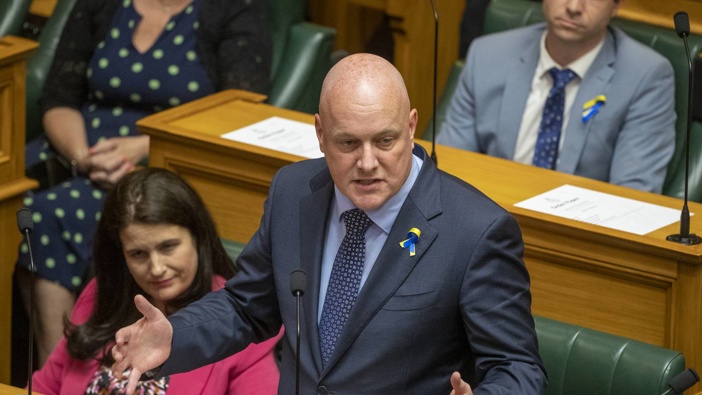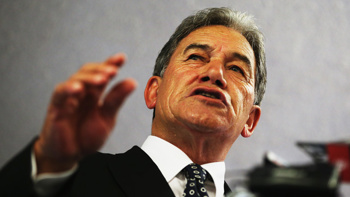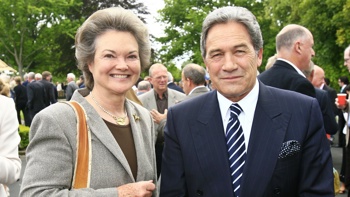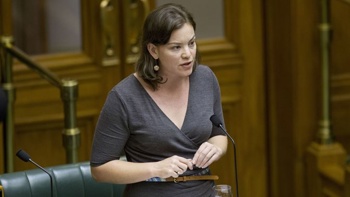National leader Christopher Luxon has released the party’s policy for the farming sector, taking aim at red tape and proposing to restart live exports of cattle with strict animal welfare rules around it.
Its proposals would also scrap the current median wage requirements to bring in migrant workers – but give those workers a path to residency.
Luxon released the full policy in Whitford this morning, saying farmers had had enough of often unworkable and ill-defined rules from the Labour Government.
It would give migrants brought into the rural sector under the Accredited Employers’ scheme a path to residency – and scrap the requirement to pay those workers the median wage of $30 an hour, saying the industry average which took into account skills and experience was preferred.
It will also double the allocation under the Recognised Seasonal Employer scheme (RSE) to 38,000 over the next five years.
On the red tape front, it proposes requiring both local and central government to scrap two existing regulations if they intend to introduce a new one – and setting up a review body to advise on regulations.
Its policy would also see the resumption of live exports of cattle, saying it could be done well with “gold standard rules set in regulation to protect animal welfare and safety.
“National will require purpose-built ships and introduce a certification regime for the importers of destination countries to ensure animals live in conditions at the same standards required in New Zealand.”
Luxon said Labour had introduced or changed more than 20 laws and regulations for farmers, adding extra costs on them often without any environmental gain.
“I want world-class regulation for our world-class farmers. Regulation has a role to play, but rules should avoid prescription, target outcomes, minimise compliance, and be clear to provide certainty.”
Its policy proposes banning foreign investors from buying farms to turn into carbon farming, saying that in 2021, foreign investors bought 20,000 hectares of farms to convert to forestry for carbon farming.
Its ban would include foreign investment in existing farms which will be converted to forestry to earn ETS carbon credits.
And it will overhaul rules on stock exclusion and defer the new winter grazing rules, tighten the definition of Significant Natural Areas to make the rules clearer, and change the National Policy Statement for highly productive land to allow a broader range of activities such as on-farm storage ponds and sheds and off-farm dairy factories and vegetable processing.
The policy did not cover emissions pricing - that would come later.
National has made it clear it supports some form of emissions trading, but not at the level proposed by the Government, saying that risked closing down too many sheep and beef farms.
National’s environment spokesman Scott Simpson said National was committed to climate change goals, but New Zealand farmers were already among the most carbon efficient in the world.
“Shutting down some of the world’s most carbon-efficient farmers only sends production to less efficient farms overseas and could raise global emissions.
“We can protect the environment and allow farmers to get on with business by reining in the bureaucracy and using clear, well-targeted rules instead.”
National has also stuck to its policy to keep agriculture out of the emissions trading scheme, saying a split gas approach was preferred for agricultural emissions.
Other policies still to come include research and development, water, (including nutrient caps and storage).and a wider primary industries policy.
Take your Radio, Podcasts and Music with you









